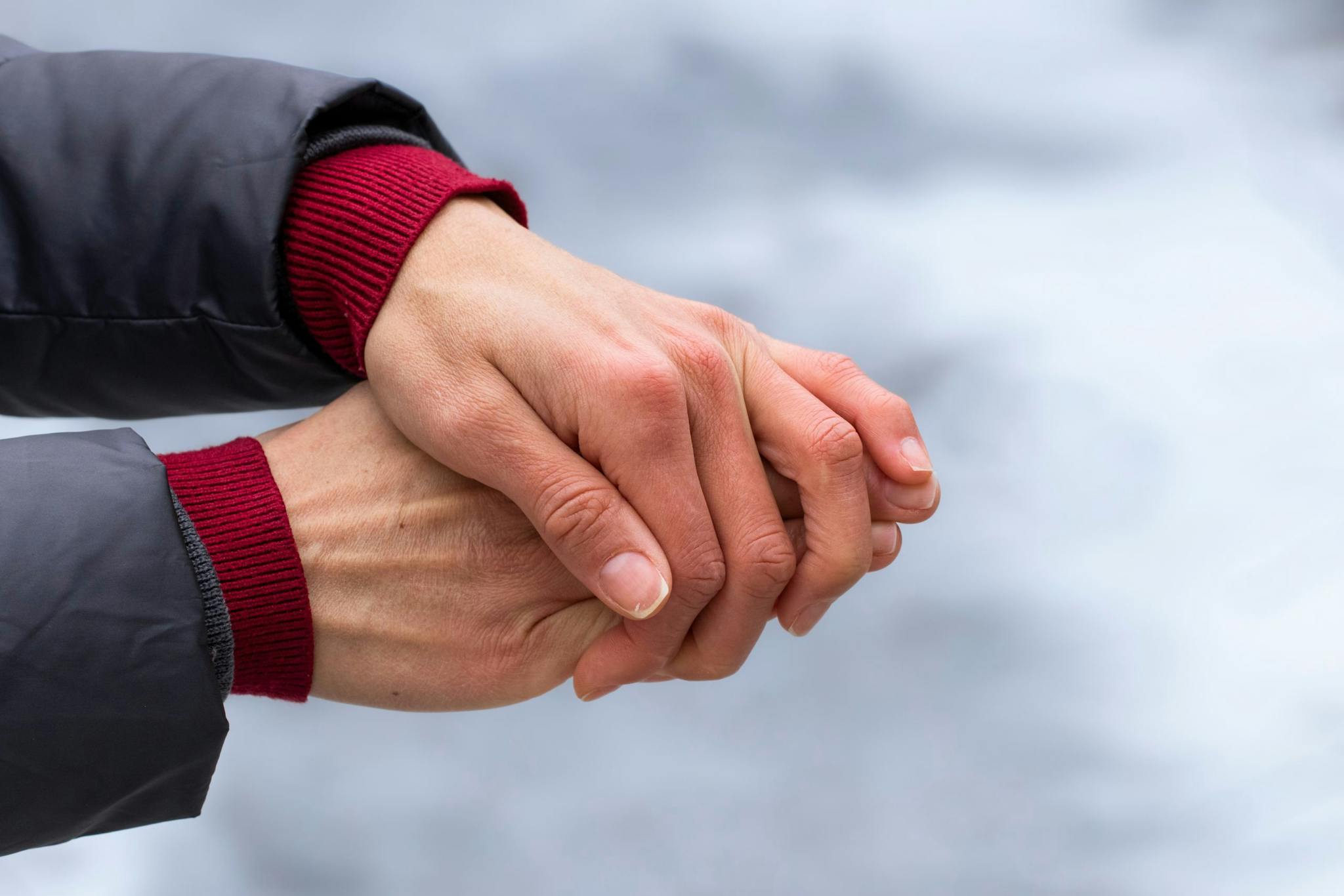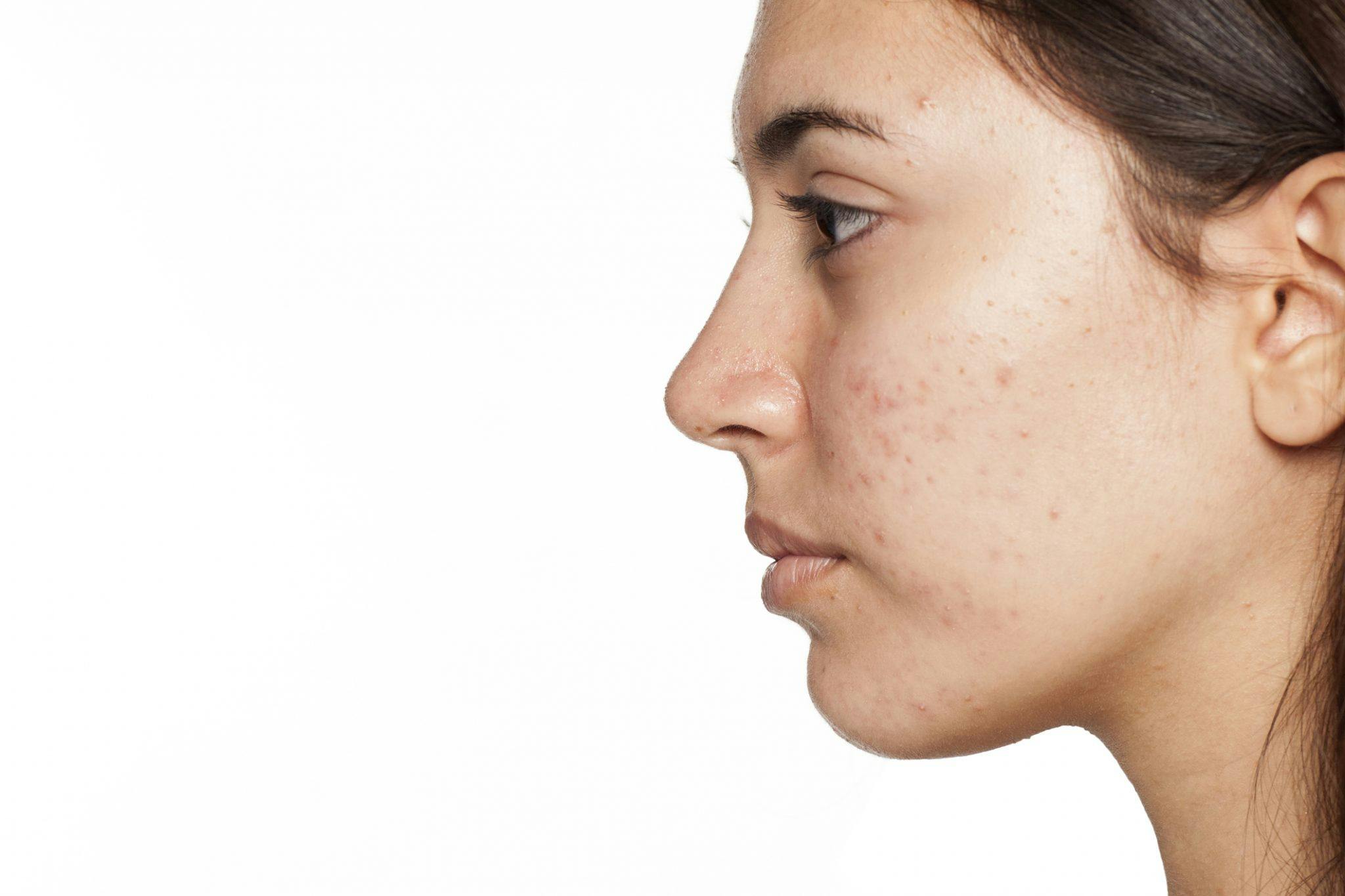Acne, the most common skin condition in the United States, is a condition caused by clogged hair follicles. As oil and dead skin cells plug up these follicles, pimples and bumps can result.
Teenagers are the most common group of acne sufferers, with a reported prevalence between 70 and 87 percent. There are several ways to treat and prevent acne, however, some methods may not be right for your case. Your dermatologist can help create a treatment plan that works for you.
What are the Signs and Symptoms of Acne?
- Whiteheads (closed, clogged pores)
- Blackheads (open, clogged pores)
- Papules: Small, red bumps—often tender to the touch
- Pustules: Commonly referred to as pimples, pustules are small, red bumps (papules) with pus at the tips
- Cysts: Also called cystic lesions, these are pus-filled lumps that sit under the skin
- Nodules: These are big, painful and solid lumps under the skin
- Scars: Especially in people who get cysts and nodules, permanent scars can develop. Proper treatment from a dermatologist can help prevent these scars
- Dark spots: Like scars, these can also appear after acne heals. Dark spots generally disappear on their own over a period of months or years
These can appear all over the body—on the face, back, shoulders, arms, chest, neck and buttocks.
Some symptoms aren’t always physical. Acne can be a big influencer in low self-esteem, especially in teenagers, who struggle with social pressures about the way they look. Low self-esteem can lead to falling grades and loss of focus, or even clinical depression in some cases. In fact, studies have found that teens with what they perceive as “bad” acne are more likely to consider suicide.
So What Causes Acne?
There are four primary factors that cause acne:
- Oil production
- Dead skin cells
- Clogged pores
- Bacteria on the skin
Both oil and dead skin cells can build up in the skin’s pores and result in clogged hair follicles. This creates an area where bacteria can thrive and reproduce, leading to blackheads and whiteheads. A pimple occurs when blocked follicles become inflamed or infected.
There are also a few additional factors that can worsen or trigger existing cases:
- Hormones: In teenagers, hormones called androgens can cause glands to produce oil at a higher rate. Changes in hormones due to pregnancy or contraceptives can also affect the severity.
- Stress: Stress doesn’t directly cause acne, but it has been shown to make it worse.
- Diet: Although further scientific study is needed to confirm the effects of different foods on acne, foods like bread, bagels and chips, all high in carbohydrates, may trigger it. Dairy products and chocolate are also suspected by some to worsen acne.
- Medications: Any drugs containing corticosteroids, androgens or lithium can make acne worse.
While some factors are known to worsen or trigger acne, many factors are believed to do so, but have very little effect in reality. Common myths of acne-causing factors include:
- Greasy food: Apart from the possibility of oils from a kitchen sticking to your skin—which may lead to irritation or blocked hair follicles—the reputation of greasy food as a cause of acne is false. Greasy foods themselves might be unhealthy in other areas, but they don’t contain elements that increase the risk of acne.
- Cosmetics: As long as you properly clean your skin, remove makeup regularly, and use oil-free cosmetics (noncomedogenic), most products will have little to no effect on acne. Non-oily cosmetics don’t interfere with acne drugs, either.
- Dirty skin: Dirty skin itself doesn’t cause acne—harsh scrubbing or cleansing the skin too often can actually irritate the skin and worsen acne that was already present. Cleaning the skin is important, however to remove oil and dead skin.
Acne Treatment
The first part of treating acne is grading it. There are four grades of acne: Grade 1 is mild and Grade 4 is severe. Your dermatologist will then determine a treatment plan that can help control it and prevent chances of scarring or other skin damage. In some cases, basic over-the-counter medications can accomplish this.
For more severe cases, your dermatologist may recommend certain prescription medications. These may include:
- Topical medications: Usually applied to clean skin a few minutes after washing, these are medicines like retinoids, antibiotics and Aczone (a gel used alongside a topical retinoid).
- Oral medications: Antibiotics, anti-androgen agents, combined oral contraceptives and a more powerful acne medication called isotretinoin (commonly known as Accutane) may be used.
Your doctor might also suggest one of several therapies in addition to medications:
- Light therapy: More study is needed to confirm this treatment’s’ effectiveness, but certain light therapies have shown success in reducing acne.
- Steroid injection: Mostly used as a treatment for nodules and cysts, steroids can be directly injected into the nodular or cystic region to improve their appearance.
- Chemical peel: This is a procedure that uses a chemical solution to remove a layer of skin. Chemical peels are typically used in coordination with other acne medications.
- Extraction: Using special tools, a dermatologist will remove whiteheads and blackheads that don’t respond to topical medications.
If your acne causes scarring, there are a few ways you can help minimize it. Each method depends on individual cases, and you should consult your options with a dermatologist.
Prevention
There are several habits and practices you can take to help prevent acne, either before you experience it or between major breakouts.
If you’re dealing with acne that won’t respond to over-the-counter medications or if you are struggling with its negative symptoms, speak to your doctor about what options are best for you.
Our experienced physicians share academic expertise with a collaborative approach that puts our patients’ needs first. Our focus includes surgical dermatology, skin cancer, pediatric dermatology and general dermatological issues and conditions. We provide cutting-edge diagnostics and treatments to help you maintain good health and great skin.
Sources:
“Acne: Overview.” American Academy of Dermatology. https://www.aad.org/public/diseases/acne-and-rosacea/acne#overview
“Acne.” The Mayo Clinic. http://www.mayoclinic.org/diseases-conditions/acne/basics/definition/con-20020580






